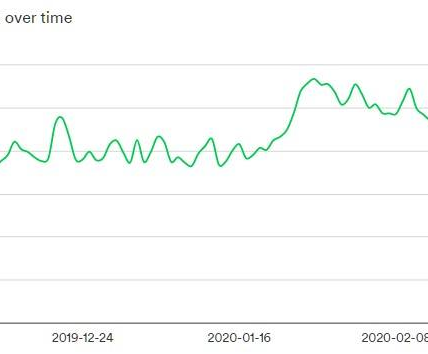Sweden’s IPTV Piracy Surge: Government Struggles to Combat Illegal Streaming
The Shift from The Pirate Bay to IPTV Piracy in Sweden
As Sweden’s digital landscape evolves, so too does the nature of online piracy. The days when The Pirate Bay symbolized a rebellious, ideological movement have largely faded. While the notorious torrent site remains accessible, piracy trends have moved toward a more commercialized model, driven by the increasing popularity of illegal streaming and IPTV services.
Unlike the early era of file-sharing, where users justified their actions with ideals of free access to information, modern IPTV piracy operates as a business. Paying for pirated content was once a fringe concept in Sweden, but it has now become the norm, with more consumers willing to spend money for illicit access to television and films.
Rising IPTV Subscriptions Raise Concerns A recent study by Mediavision paints a worrying picture for rightsholders and policymakers. With government officials under pressure to crack down on piracy, the rapid expansion of illegal IPTV subscriptions has added urgency to the issue.
Sweden has a population of approximately 11 million, with around 4.4 million households. As of fall 2024, an estimated 700,000 Swedish households were using illicit IPTV services—an all-time high. “This marks a significant increase compared to spring 2024,” Mediavision reported.
Impending Government Action Despite growing concerns, the Swedish government has yet to introduce immediate countermeasures. Earlier in 2024, authorities launched a review of national film policy, originally intended to address broader industry concerns. However, investigator Eva Bergquist has since been tasked with expanding the review to assess the full impact of IPTV piracy.
The goal of this extended inquiry is to determine the extent of financial harm suffered by Sweden’s film and television industries and whether consumers who subscribe to illegal services should face legal consequences.
“Investigator Eva Bergquist will analyze whether there is a need to criminalize private individuals for accessing illegal IPTV services and, if so, how such a law should be structured,” stated Minister of Culture, Parisa Liljestrand.
Legal Challenges Ahead Since the European Court of Justice ruled in 2017 that streaming pirated content is illegal, EU nations have had a legal foundation for pursuing piracy cases. However, Sweden must now decide if additional national legislation could be a more effective deterrent.
The widespread use of illicit IPTV services, combined with difficulties in enforcement, raises questions about whether stricter laws would truly reduce piracy or merely push it further underground.
Mediavision’s latest research indicates that illegal IPTV subscriptions surged by 25% between spring and fall 2024, with growing numbers of Swedish households actively paying for pirated content. As discussions continue, a proposed “viewing ban” remains under consideration. However, without a clear enforcement strategy, the effectiveness of such a measure remains uncertain.







